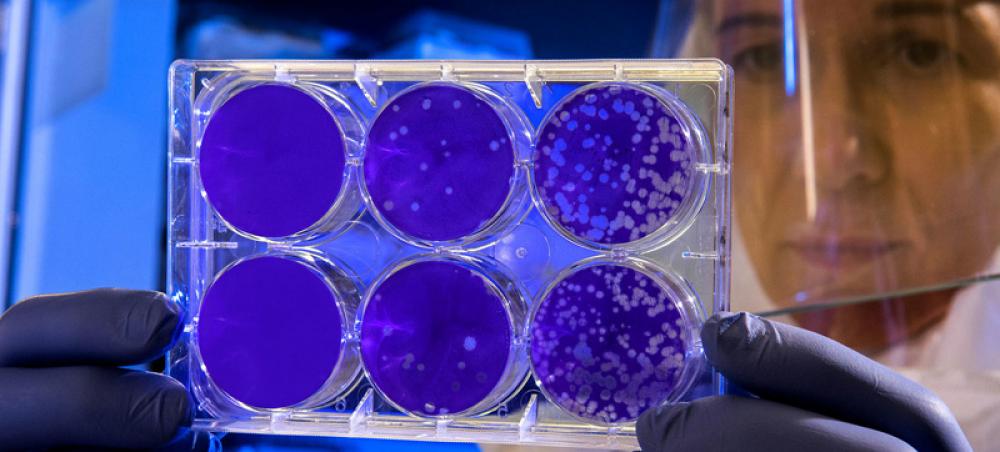Just Earth News | @indiablooms | 29 Jan 2021, 10:25 pm Print
 COVID19 Recovery
COVID19 Recovery Funders responsible for more than $100 million of annual global research investments joined the deputy UN chief Amina Mohammed on Friday to discuss how to unify research efforts, and use science to recover effectively from the COVID-19 pandemic.
In her remarks to the event, Ms. Mohammed noted the far-reaching social, economic, and health impacts of the pandemic, the disproportionate effect that it has had on the most marginalized populations, and the 70 million extra people who have been pushed into poverty as a result of measures taken to curb the spread of the virus.
A new future’
“COVID-19”, said the deputy UN chief, “has made it evident that we must build a new future through transformative changes that prioritize equity, resilience and sustainability”.
We must build a new future through transformative changes that prioritize equity, resilience and sustainability Amina Mohammed, Deputy Secretary-General
The Open Dialogue on Science for Development in the Context of COVID-19, billed as a first-of-its-kind event, was convened by the UN and the Canadian Institutes of Health Research, to highlight the importance of science and global collaboration.
The discussions between the senior representatives of research institutions and senior UN officials were based on partnership strategies, including the UN Research Roadmap for the COVID-19 Recovery, released in November 2020.
With the virus exposing stark global inequities, the roadmap is designed to address the complex health, humanitarian and socio-economic consequences of COVID-19, while boosting speedy recovery efforts, and encouraging targeted research for data-driven responses that focus particularly on the needs of people being left behind. Many of the experts who contributed to the Roadmap also participated in the Open Dialogue.
Closer collaboration
The event served as a stepping-stone towards the UN’s aim of ramping up progress towards the Sustainable Development Goals, and the 2030 Agenda for Sustainable Development, through closer collaboration between researchers, funding agencies, governments and civil society organizations, as well as UN entities.
“To succeed, we need solutions and global action that is focused, coordinated and unified”, declared Ms. Mohammed. “It will require new and strengthened partnerships across the global research community and between researchers, research funding organizations and the United Nations”.
- Why are scientists warning about surging glaciers? All details inside
- Mass coral bleaching to hit Great Barrier Reef most years, study reveals
- Global water bankruptcy shock: Why the planet’s most precious resource Is collapsing
- Would you pay $1 million to stay on the moon? This company thinks so
- A historic UN deal is about to transform how the world protects its oceans





-1763561110.jpg)
